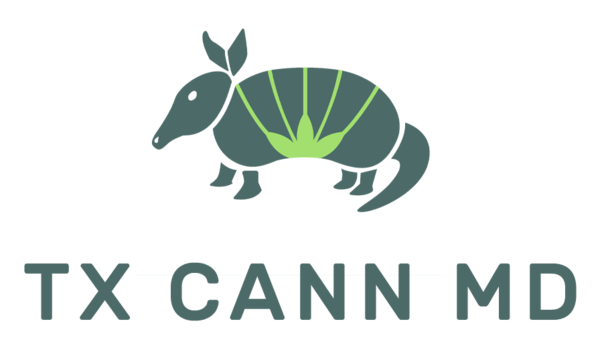Epilepsy is a neurological disorder characterized by recurrent seizures that affect millions of people worldwide. While traditional treatments have been effective for many, there remains a significant portion of individuals who do not respond well to conventional therapies. However, in recent years, there has been a growing body of evidence supporting the use of medical marijuana, particularly CBD-rich strains, in managing seizures and improving the quality of life for epilepsy patients. In this blog, we will delve into this exciting breakthrough in epilepsy treatment and explore how cannabinoids can help control seizures.
Understanding Epilepsy and its Challenges:
Epilepsy is a complex condition that can manifest in various forms, from focal seizures with limited impact to generalized tonic-clonic seizures that can be life-threatening. Many epilepsy patients find themselves grappling with medication-resistant seizures, where conventional antiepileptic drugs (AEDs) fail to provide relief. The search for alternative treatments has led to the exploration of cannabinoids found in the cannabis plant.
The Role of Cannabinoids:
Cannabinoids are the chemical compounds found in cannabis, with the two most well-known ones being tetrahydrocannabinol (THC) and cannabidiol (CBD). While THC is responsible for the psychoactive effects of cannabis, CBD does not produce a “high” and has shown great promise in the treatment of epilepsy. Researchers have been particularly interested in CBD-rich strains of medical marijuana due to their potential to reduce the frequency and severity of seizures.
Scientific Studies and Clinical Evidence:
Numerous studies and clinical trials have demonstrated the effectiveness of CBD in managing seizures, particularly in patients with treatment-resistant epilepsy. One landmark study published in The New England Journal of Medicine found that CBD significantly reduced the frequency of seizures in patients with Dravet syndrome, a rare and severe form of epilepsy. This breakthrough led to the FDA approval of Epidiolex, a CBD-based medication, for the treatment of certain types of epilepsy.
How CBD Works:
While the exact mechanisms are not fully understood, CBD is believed to exert its antiepileptic effects by interacting with the endocannabinoid system (ECS), which plays a role in regulating various physiological processes, including neuronal excitability. CBD is thought to modulate ECS activity, reducing excessive neuronal firing and thus preventing or minimizing seizures.
Patient Testimonials:
One of the most compelling aspects of CBD-based epilepsy treatment is the firsthand accounts of patients and their families. Many have reported remarkable improvements in seizure control and a significant enhancement in their overall quality of life. These heartwarming stories underscore the potential of medical marijuana as a life-changing therapy for epilepsy patients who have exhausted other options.
Challenges and Future Research:
While CBD has shown promise, it is not a one-size-fits-all solution, and its effectiveness can vary from person to person. Additionally, there are regulatory and legal hurdles to overcome in accessing medical marijuana treatment. Ongoing research aims to better understand the optimal dosages, strains, and methods of administration to maximize benefits and minimize potential side effects.
Cannabinoids, particularly CBD, have emerged as a promising avenue in the treatment of epilepsy, especially for patients who have not responded to traditional therapies. While further research is needed, the evidence thus far suggests that medical marijuana can be a game-changer in seizure control and improving the lives of epilepsy patients. As the field continues to evolve, it offers renewed hope and possibilities for those living with this challenging condition. Always consult with a healthcare professional before considering any medical marijuana treatment, and stay informed about the legal regulations in your area.

